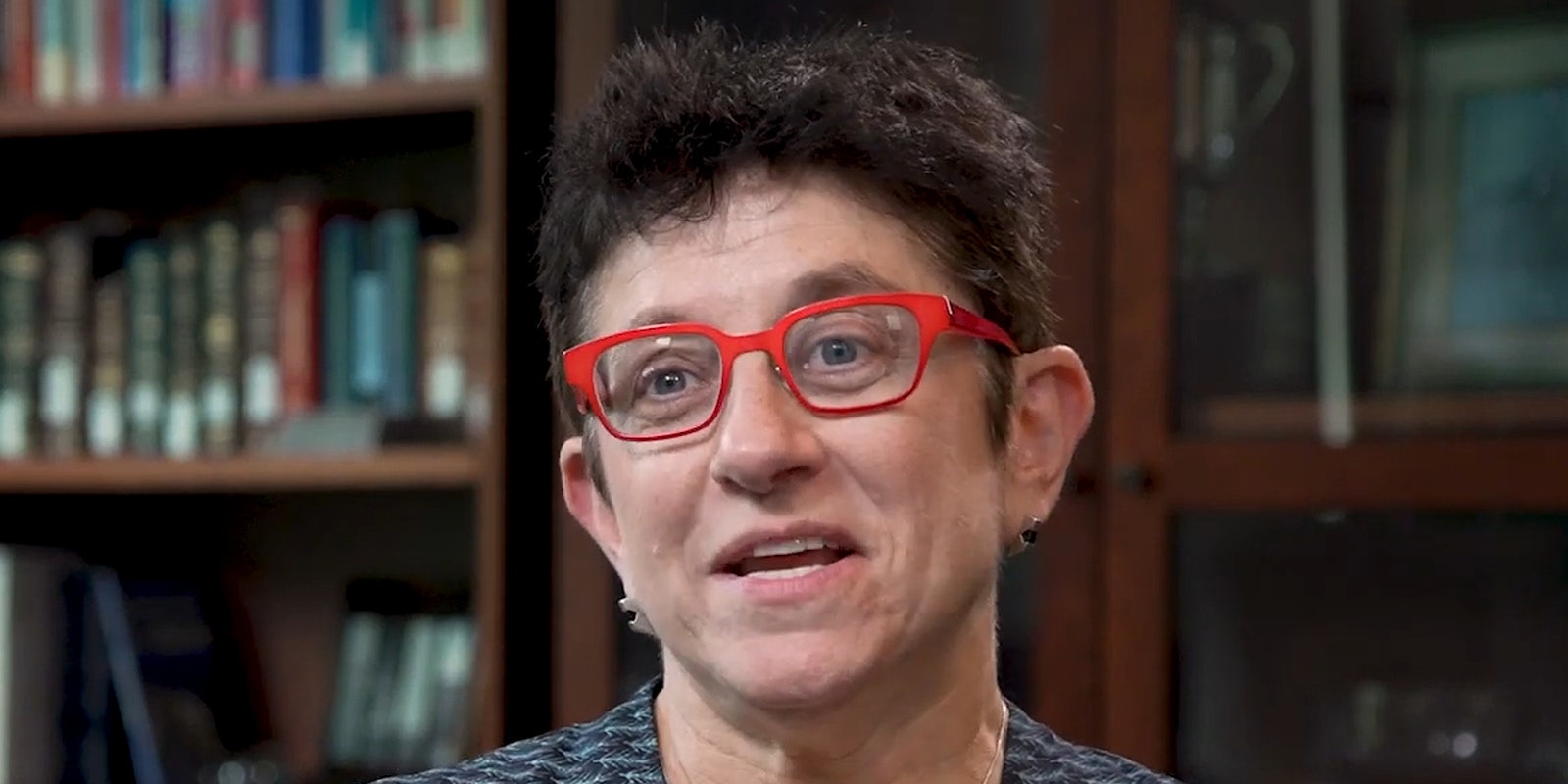President Joe Biden will renominate Gigi Sohn to the Federal Communications Commission in 2023, hopeful the midterm victories of Sen. Rafael Warnock (D-Ga) and John Fetterman (D-Penn.) provide the extra votes needed to finally seat the media and telecom reformer.
Sohn’s nomination has spent the better part of the last year in purgatory thanks to a coordinated smear campaign by telecom and media giants, falsely accusing Sohn of being an enemy to Latinos, rural Americans, conservatives, and the police. The attacks helped gridlock the 2022 Senate, stalling the confirmation vote and leaving the FCC without a voting majority.
For U.S. telecom and media giants, that’s by design.
By law, the party that holds the White House enjoys a 3-2 FCC majority. Without a functioning voting majority, the Biden FCC has been unable to tackle any issue deemed remotely controversial by industry or FCC Republicans, including the restoration of net neutrality, overall FCC consumer protection authority, and popular media consolidation rules stripped away during the Trump administration.
A source close to the confirmation proceeding confirmed the planned re-nomination, which was first reported by the Wall Street Journal. That same source noted that Sohn still has the full support of the Biden administration—and of Biden personally.
Consumer groups had pressured Democratic Senate leaders to quickly confirm Sohn during the lame-duck session. But Sen. Maria Cantwell (D-Wash.), chair of the Senate Commerce Committee, stated in November there were other legislative priorities. As a result, neither Sohn nor any other languishing nominees saw confirmation votes during the lame duck.
Cantwell and other key Democrats have been widely criticized by consumer groups and party members for “dithering” on the Sohn nomination, failing to defend Sohn from baseless industry attacks, and too graciously holding unnecessary additional hearings demanded by Republican senators and used to performatively and falsely portray Sohn as an extremist looking to “censor conservatives.”
As a result, Sohn’s stalled nomination has set a record for the longest a candidate for the FCC had gone without a confirmation vote. In contrast, Trump FCC appointee Nathan Simington, widely derided for lacking telecom sector experience, saw a confirmation process that took less than a month from start to finish in late 2020.
Sohn struggled to gain confirmation in 2022 courtesy of waffling by Sen. Mark Kelly (D-Ariz.), Sen. Catherine Cortez Mastro (D-Nev.), and Sen. Joe Manchin (D-W.V.). Consumer groups believe Kelly and Mastro are persuadable now that their heated midterm battles are in their rear mirror. Manchin likely remains a wildcard whose opposition can now be offset by the Warnock and Fetterman wins.
Sohn’s experience highlights the challenges of seating even hugely popular reformers in a U.S. Congress rife with campaign contributions. The telecom industry spends an estimated $320,000 on lobbying every day. Companies like Comcast specifically hired the former staffers of key senators with a specific eye on scuttling Sohn’s nomination.
With the renewed nomination, the entire confirmation process resets and must be repeated, paving the way toward a new round of hearings at which Sohn, popular across both sides of the aisle, will be expected to face down a series of new attacks by telecom and media political allies keen on keeping the FCC on the consumer protection sidelines.
Should things go Sohn’s way, she could find herself seated sometime in February or March. But the industry will attempt to delay this process for as long as possible, narrowing the window for any FCC reform ahead of the 2024 presidential election.
Sohn’s nomination looms large over numerous existing FCC proceedings, including the agency’s ongoing attempt to accurately map broadband availability and ensure that more than $50 billion in looming federal broadband subsidies are spent wisely.



